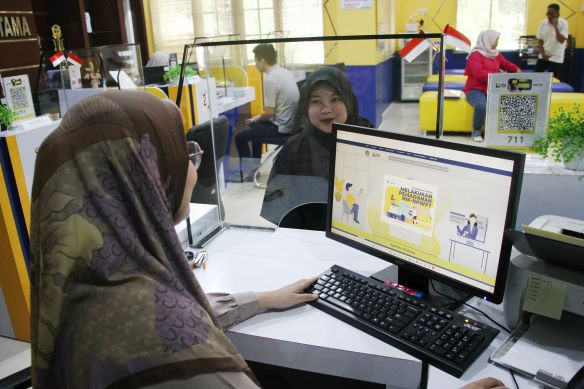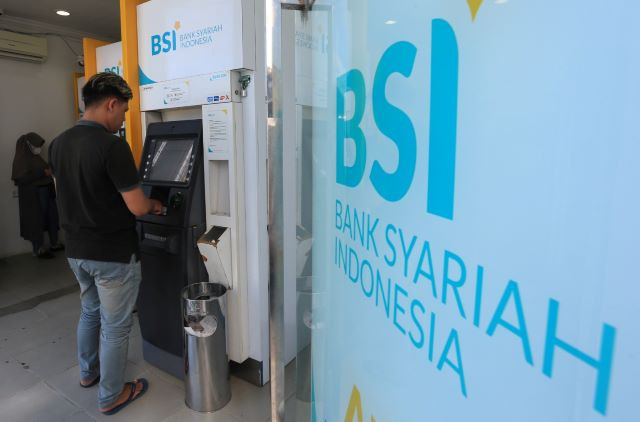Enforcing energy efficiency
The most effective way of enhancing energy efficiency is an appropriate pricing policy based on the economic costs of energy.
Change Size
 A building in the Public Works and Public Housing (PUPR) office compound in Kebayoran Baru, South Jakarta. The Green Building Council Indonesia (GBCI) has certified the building as environmentally-friendly. (Kompas.com/-)
A building in the Public Works and Public Housing (PUPR) office compound in Kebayoran Baru, South Jakarta. The Green Building Council Indonesia (GBCI) has certified the building as environmentally-friendly. (Kompas.com/-)
G
reen analysts and campaigners have lauded Indonesia’s ambitious goals of carbon-emission reduction and medium and long-term programs for transitioning from fossil fuels to renewable energy but lamented that lack of emphasis on energy efficiency and conservation in the energy policies.
The 2007 Energy Law does stipulate energy efficiency as an important component of the national energy policy through, among other things, the enforcement of green building codes and in-house management and audits of energy efficiency through maintenance, housekeeping measures and retooling of plant equipment.
The Jakarta administration did enact a green building code in 2012, developed in cooperation with the International Finance Corporation (IFC), a unit of the World Bank. But its implementation was very weak because of the lack of market incentive and disincentive mechanisms to force individual and industrial users to conserve energy.
Green building certification also seemed to be ignored in the smart city concept launched by the Jakarta administration in 2014 as it focuses mostly on the application of technology to expedite the delivery of public services under such slogans as “smart governance, smart people, smart economy and smart mobility.”
Even after then Jakarta governor Basuki “Ahok” Tjahaya Purnama launched the so-called “30:30 Commitment” in September 2016, aimed at reducing energy and water consumption and the carbon emissions of buildings in the city by up to 30 percent by 2030, green building certification has remained mostly voluntary.
Given Indonesia’s ambitious targets of emissions reduction to fight climate change, it is even more of an imperative now for the government to enforce the energy law’s provisions on energy efficiency nationwide through fiscal policies and incentive-disincentive mechanisms for building certification. High certification standards should be incorporated into national and local building codes and translated into policies to foster their widespread application in new constructions.
A 2019 study by the Green Building Council Indonesia and the IFC concluded that the buildings sector was Indonesia’s third-largest final energy consumer, accounting for 30 percent of the country’s total energy consumption. The figure is expected to rise to 40 percent by 2030.
Many countries have embraced green building certification as a way to recognize and encourage sustainable construction by setting standards for whole-building energy efficiency, water conservation, material and waste management. But without incentive and disincentive mechanisms it would be difficult to encourage the buildings sector to apply green building codes.
But again, at the end of the day, the most effective way of enhancing energy efficiency is an appropriate pricing policy based on the economic costs of energy. Market prices are a powerful and fundamental force in changing consumer behavior in favor of energy conservation. Subsidies that depress fuel prices way lower than their economic costs, as they are now, discourage investments in fuel efficiency and conservation.
To put it briefly, any energy reform measure that does not bring domestic fuel prices closer to international levels or their economic costs would be ineffective to remove our addiction to fossil fuels once and for all and to stimulate the development and production of renewable energy.










